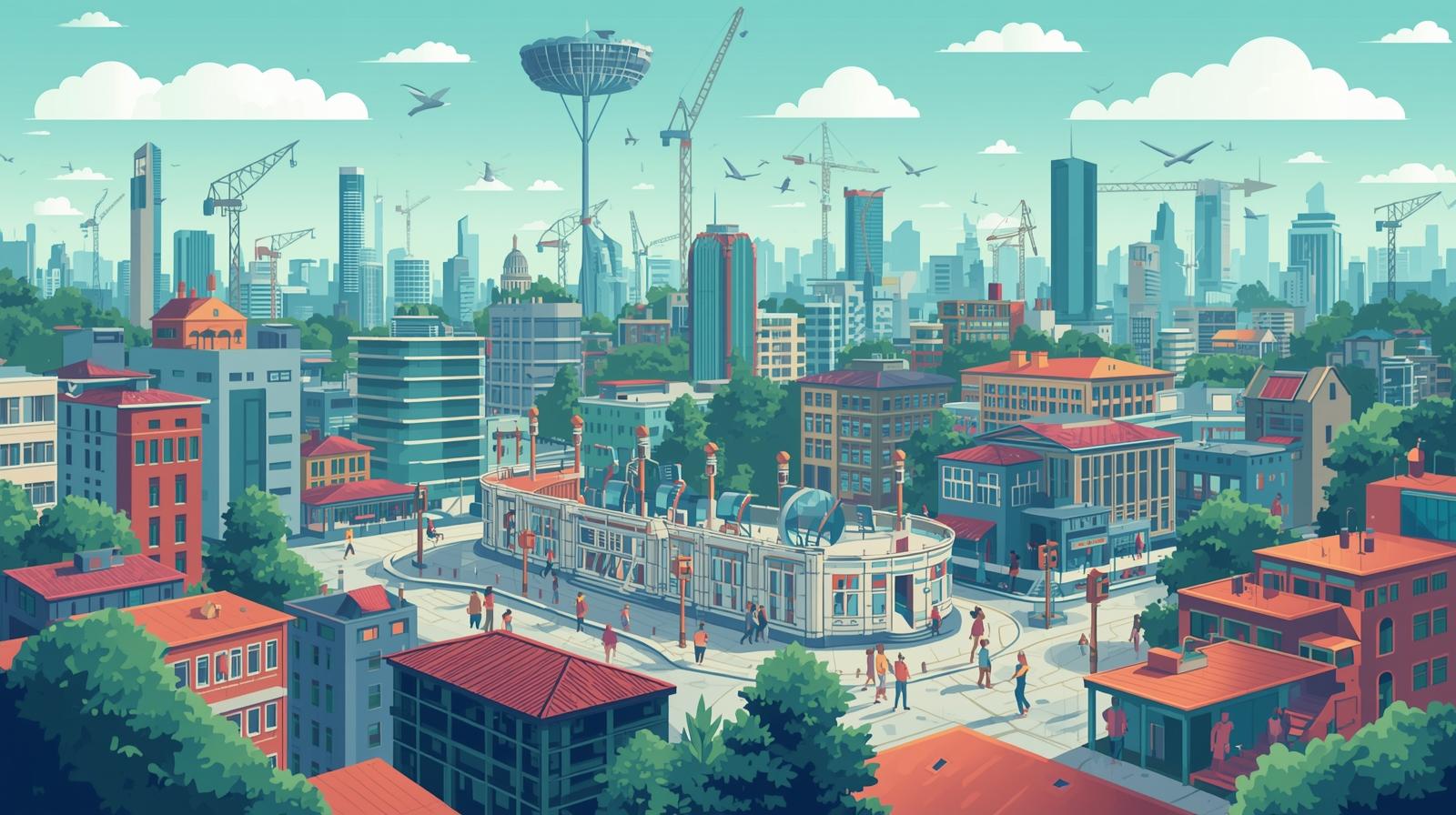Nigeria and artificial intelligence : local languages in a global race already lost
Nigeria is investing in artificial intelligence for its local languages. But while these initiatives are promising, the country, like the rest of Africa, is still far behind global tech giants. Can Nigeria really catch up, or will it remain a latecomer in the digital revolution?

Futuristic vision of Nigeria embracing artificial intelligence and digital innovation.
Nigeria’s linguistic wealth, digital poverty
Nigeria is a giant, not just in population but in cultural diversity. Over 200 million people, more than 500 languages. Yet in the digital universe, Yoruba, Hausa, and Igbo barely exist. In the datasets that fuel AI, English rules.
To change that, Nigerian researchers have joined the African Next Voices initiative. Their mission: to record and document thousands of hours of conversations in local languages. In just two years, more than 9,000 hours have been collected, much of it in Hausa and Yoruba. It’s a symbolic first step, a way of saying: “Our voices matter. Our languages deserve recognition.”
But let’s be honest. When OpenAI or Google train their models on billions of English and Mandarin sentences, what difference do a few thousand African hours make?
Real-life applications, but still marginal
The stakes for Nigeria are not abstract. They are social and economic. The absence of digital services in local languages excludes millions of citizens. In rural areas, not speaking English often means being shut out from banking services, medical information, or even government support.
Some innovations are pushing back. Lelapa AI, a South African startup also working in Nigeria, designs tools that let banks and telecoms communicate in Hausa or Yoruba. For many, this is no small feat: technology finally bending to local realities.
But can these isolated projects move the needle? Or are they simply drops in a vast ocean of technological delay?
A structural delay nigeria cannot ignore
The truth is harsh. Nigeria, despite its demographic and cultural power, remains a spectator in a race run elsewhere. The U.S., China, and even India are pouring billions into AI. Nigeria, by contrast, is reliant on foreign funding, like the $2.2 million Gates Foundation grant that enabled the first voice datasets.
Let’s be clear: Nigeria doesn’t yet have the scale, the infrastructure, or the investment to compete head-to-head. The country is boarding a train already speeding far ahead. Local initiatives matter, but they are far from enough to shift the balance.
And yet, there is dignity in this struggle. Every hour of Yoruba or Hausa speech recorded is an act of defiance against digital erasure. Every app that answers in a local tongue restores a measure of agency to people sidelined by the dominance of English.
The real question is: does Nigeria want to remain a mere consumer of imported technologies? Or will it dare to become a creator — carving its own path in artificial intelligence, in its own languages, on its own terms?
Tunde Okoro
Nigerian journalist with a Pan-African voice. Covers politics, sovereignty, and social justice across West Africa.
